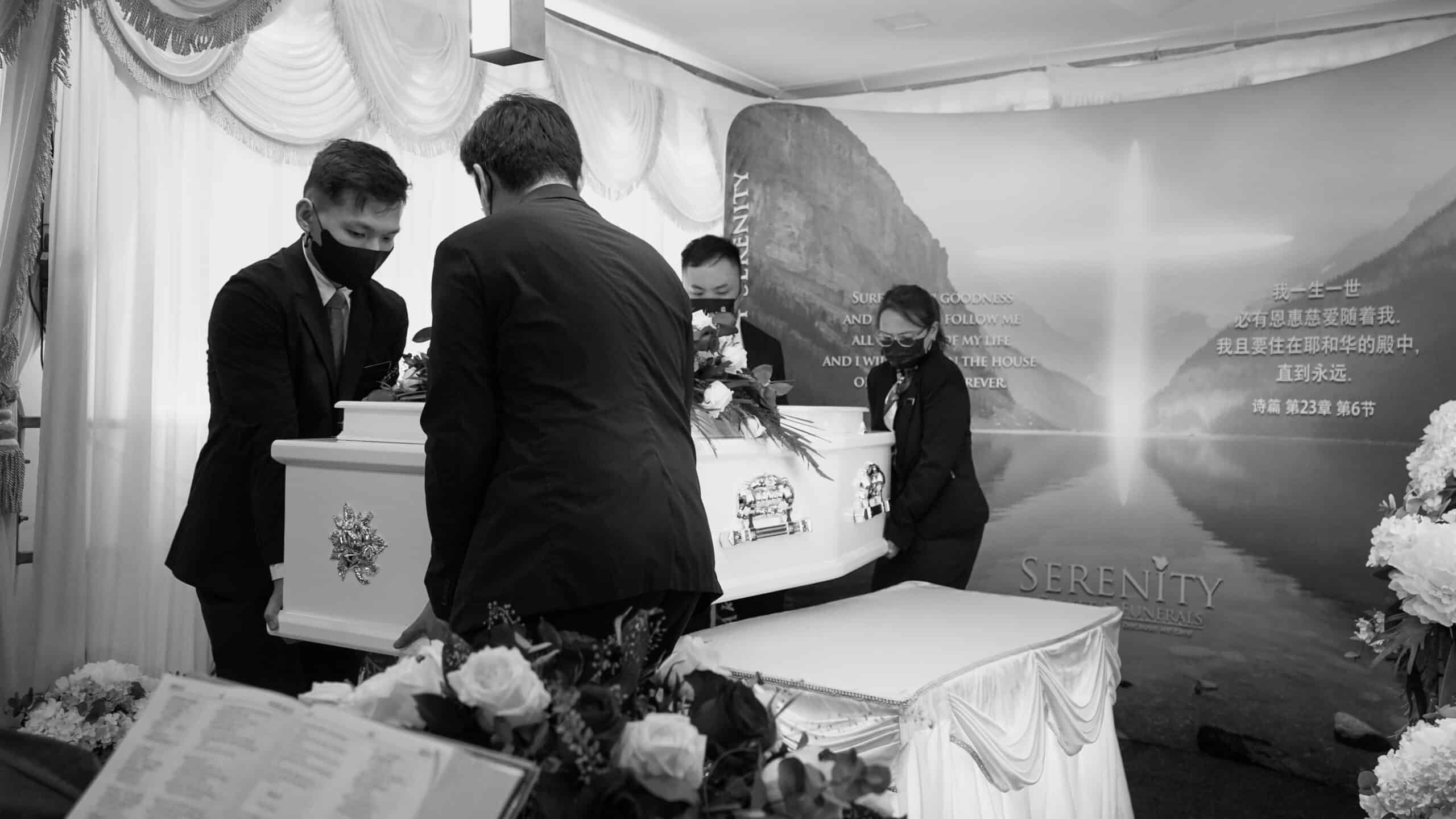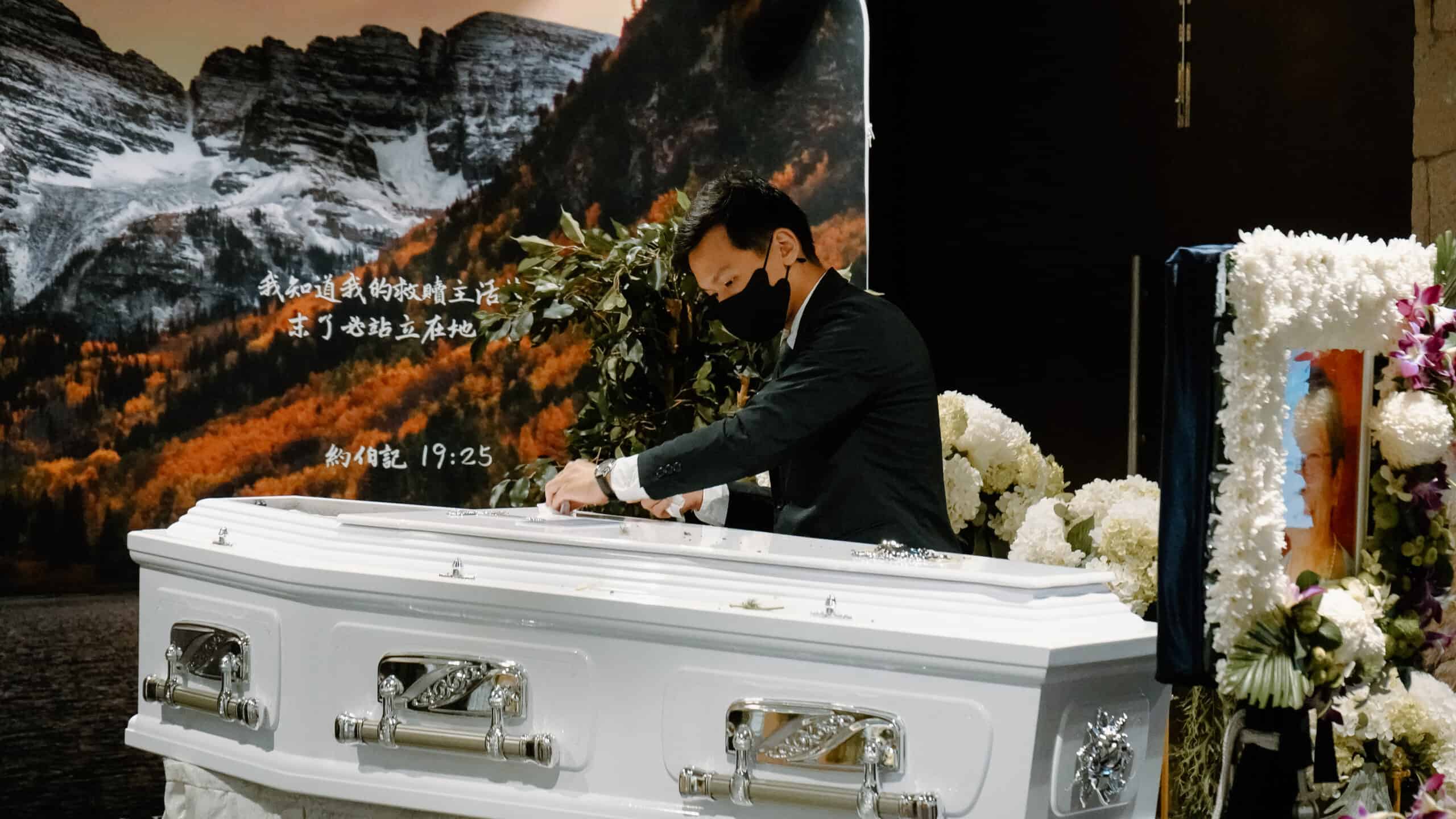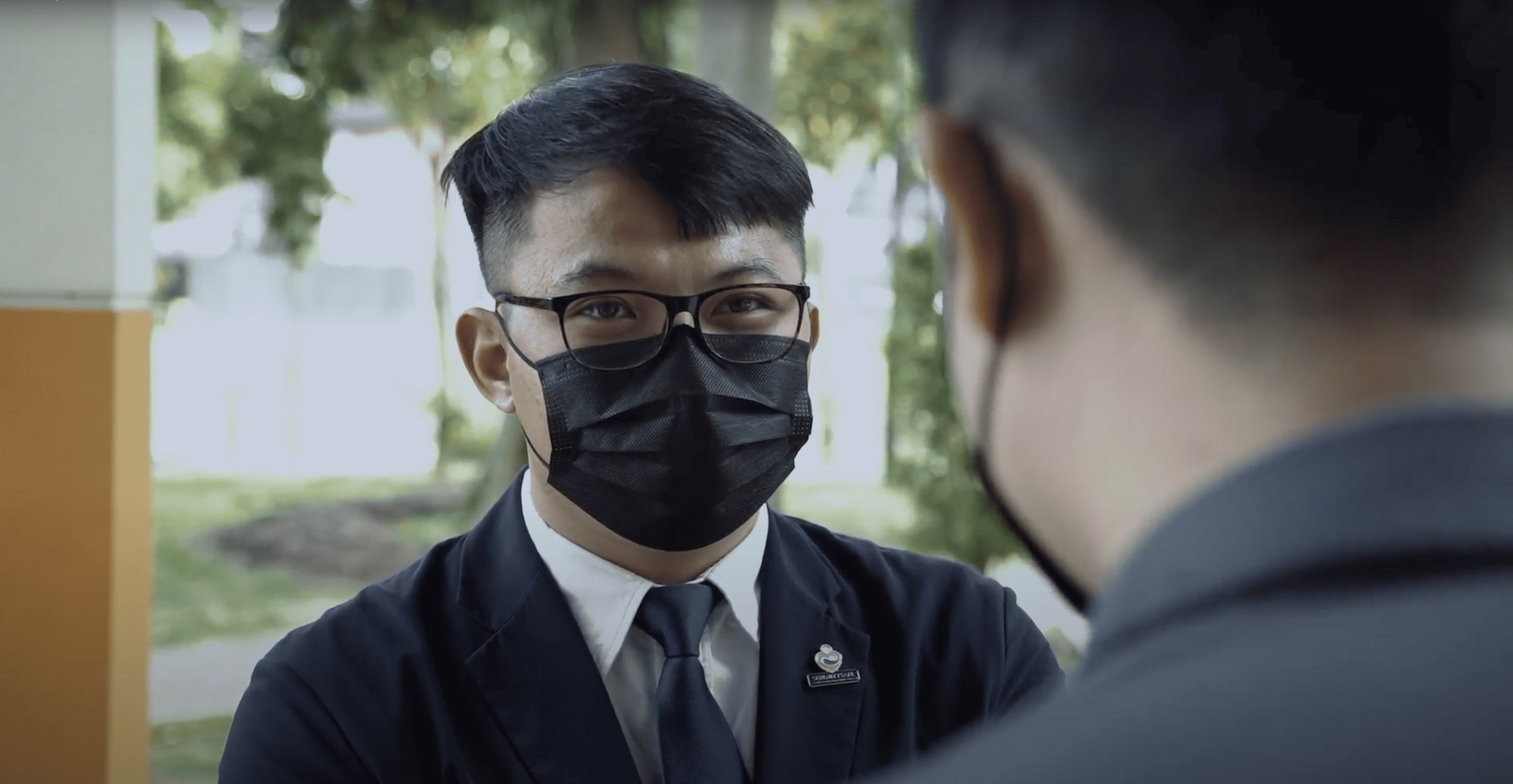Working in funerals is hard work. It’s backbreaking and heartbreaking, and demands a specific ethic and skillset not many are suited to. In our years in the industry, we have seen many come and go. What then, does it take to survive and thrive in the trade? In this article, we share the 5 most important qualities you need to be a funeral worker, according to our funeral workers.
1. Strength
As death care workers, we’re bound to run into some heavy lifting on the job. Whether it’s a casket or a body, funeral workers require a degree of physical strength to transport equipment from one place to another so that every funeral may proceed smoothly.
Another kind of strength that may not be obvious but is equally crucial, is the emotional and mental strength of our workers. Being surrounded by death and grief around the clock can take a surprising toll. Especially for those of us who are prone to sentimentality, being able to compartmentalise our emotions is essential if we are to perform optimally and provide our best service to the bereaved, while still protecting our mental health. It is those who are both physically and emotionally resilient that last the longest in the job.

2. Respect
Though many believe that the body becomes a mere vessel after death, it is one of Serenity’s core values to treat the decedent as respectfully as we would a living person. From our Operations team to our Embalmers, our staff receives your loved one with gentleness, dignity and decency and sends them on their way in grace and glory.

3. Tact
As the single point of contact for families, our Funeral Directors must master the art of tact when communicating information to the bereaved. They must learn a second language of sensitivity and discretion, choosing carefully the words that would ease families into the process of grieving and gently begin their journey to closure.

4. Sacrifice
A job in funerals, as any funeral worker can tell you, is a job in sacrifice. Death has no regard for our personal schedules; it happens when it happens and when it does we must drop everything to attend to it. All death care workers recognise this scenario intimately: a phone call in the middle of a dinner, movie, conversation. And off we go. Back in action.
5. Open Mind
For most of us today, death no longer carries the dirty associations it once did. More and more are having conversations about it, characterising it as a natural process in life, rather than a gigantic mystery to be feared and avoided. Without doubt, these conversations are essential to alleviating death anxiety in our circles. Though talking about it is one thing; working closely alongside it is another. Perhaps the true test of an open mind is this—would you work in funerals?
